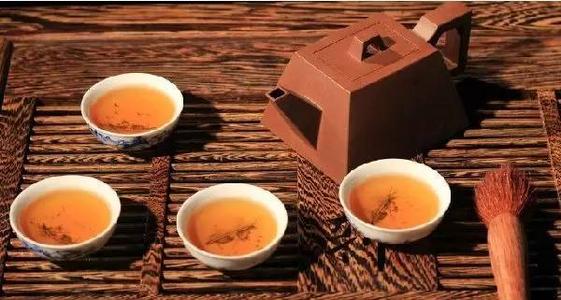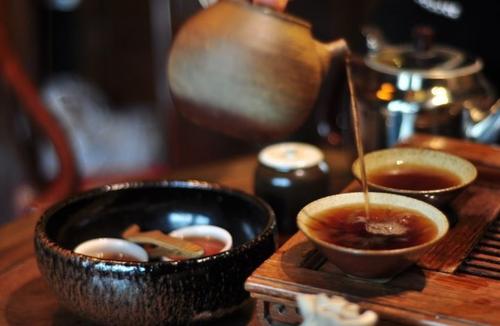Originating in China, possibly as early as 4,700 years ago, tea drinking is a tradition deeply rooted in the Chinese culture. Many people like to drink tea because it has many benefits for the human body.

Drinking tea can stimulate nerves and relieve fatigue. In addition to refreshing the brain, theine can stimulate muscle expansion and contraction, increase blood circulation, stimulate nerves, and expel drowsiness.
Tea tannins helps quench thirst. Theine helps stimulate the blood vessels of the kidneys, make them swell, and accelerate the excretion of urine.
Tea has anti-alcoholic and anti-toxic effects. The combination of tea tannin and alkaloids produces white crystal precipitates, which helps detoxify tobacco through chemical reactions, and detoxify alcohol through diuretics.
Drinking tea helps improve digestion and dissolve fat. Aroma oil in the tea helps remove greasiness and cleanse the stomach. Tea also helps remove odors in the mouth. For example, if you eat garlic, green onions, or crabs, you can remove the odor by chewing some dried tea leaves or drinking some strong tea.

Inflammation may be the root of almost all chronic diseases. Tannin combines with proteins on the surface of bacteria to form a white precipitation film. The film can inhibit the reproduction and activity of bacteria.
Green tea is rich in vitamin C. Vitamin C helps enhance the elasticity and tension of microvessels and improve their resistance. It is good for people with hypertension to drink more green tea.
Catechin and fluoride in tea helps strengthen teeth and prevent dental caries.

Tea polyphenols have important health benefits. Studies have shown that drinking a cup of tea (3-5 grams of green tea or 5 grams of black tea) daily can block the endogenous synthesis of N-nitrosoproline after the human intake of 300 mg of nitrate. It is inevitable that the human body ingests secondary amines and nitrates from food every day. As long as these substances are not converted into nitroso compounds, they are harmless to the human body. However, once a nitroso compound is formed, it may cause cells to mutate and cause cancer.
Tea polyphenols help maintain the elasticity of body tissues, delay cell aging, and improve the flexibility of skin epidermis.
Minerals such as potassium, selenium, and zinc in tea help promote metabolism and regulate physiological functions. Polyphenols in black, oolong and green tea help increase calorie expenditure and reduce body fat.
